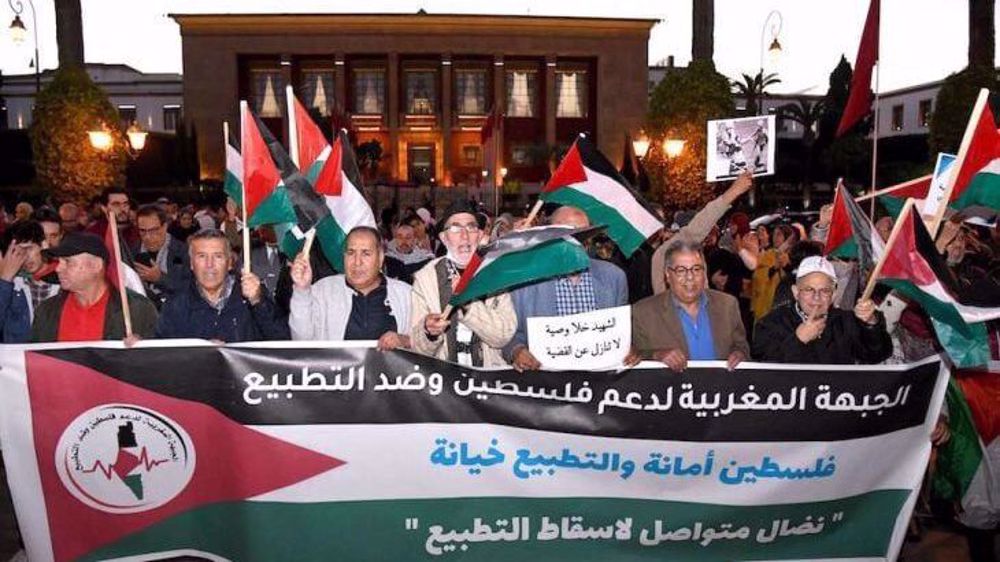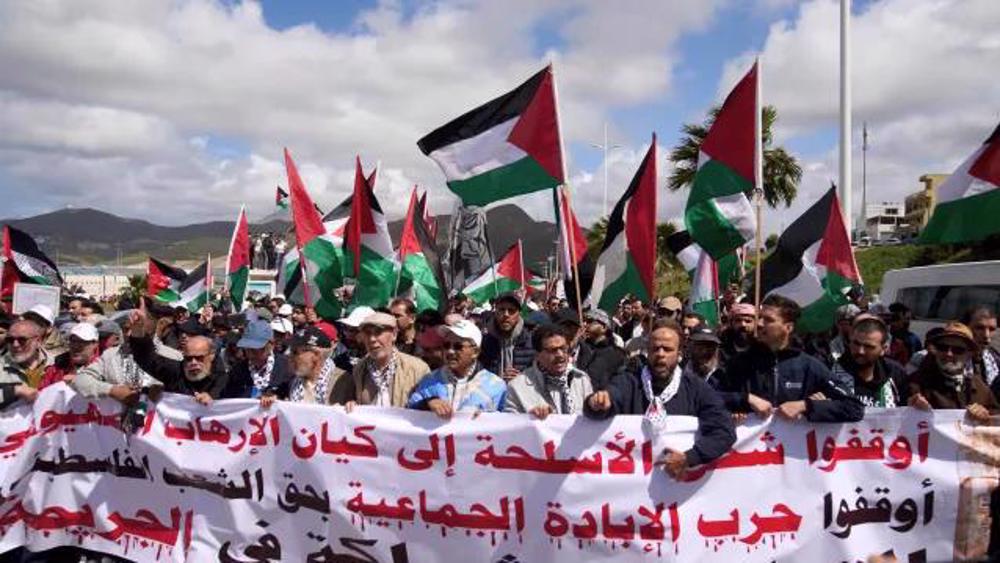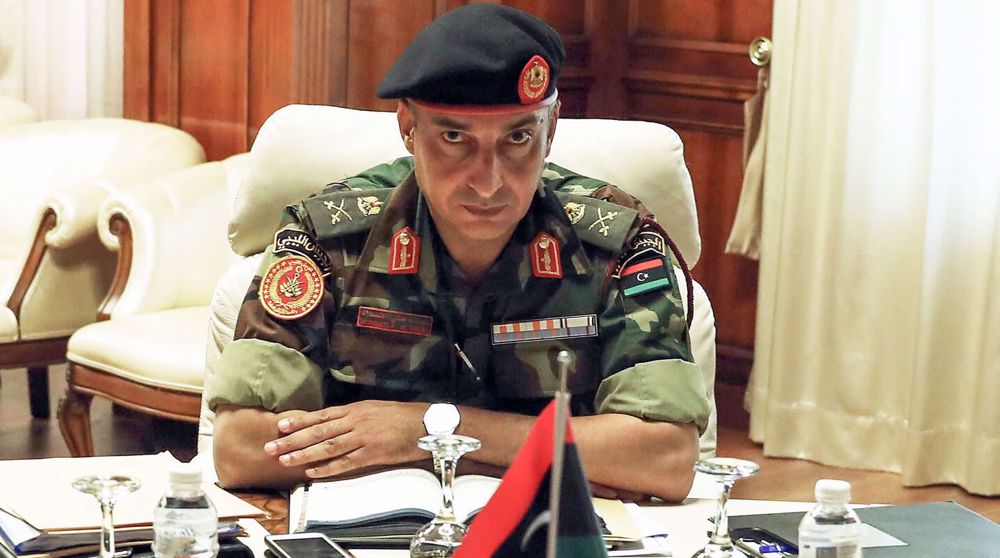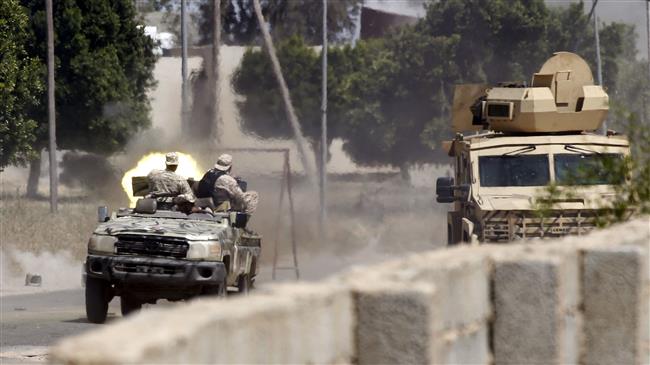Haftar wants guns to speak, claims offensive in final phases
Forces under the command of Libya's renegade general, Khalifa Haftar, have rejected a UN call to return to the negotiating table, saying war is the best way to resolve the conflict.
Haftar's offensive launched in April to conquer the capital, Tripoli, has hit a brick wall and his forces have been pushed back by troops aligned to Libya’s UN-recognized Government of National Accord (GNA).
A spokesman for Haftar's forces, however, told a news conference in the United Arab Emirates on Saturday that the battle was "in its final phases."
"When the guns speak, diplomacy goes silent. The time of going back to dialogue is over," General Ahmed al-Mesmari said. "The military solution is the best solution to spread security and reimpose the law."
The UAE is one of Haftar's foreign backers, providing his so-called Libyan National Army (LNA) with weapons and funds.
The warmongering came as clashes resumed on Saturday morning after almost a month of calm. At least three GNA fighters were reportedly killed in an offensive aimed at pushing back Haftar forces.
Almost five months after launching the offensive, Haftar's forces remain locked in a stalemate against the GNA on Tripoli's southern outskirts.
Haftar enjoys varying levels of support from Egypt, the UAE, Saudi Arabia, the United States, Russia and France. He has almost two-thirds of the country and all oilfields under control.
On Wednesday, UN special envoy to Libya Ghassan Salame warned of an escalation if outside patrons step up support for the warring sides, urging the Security Council to take action.
"Many Libyans feel abandoned by part of the international community and exploited by others," he said.
"The idea that war should be given a chance and that a military solution is at all possible is quite simply a chimera," Salame said.
Libya has been wracked by chaos since the 2011 uprising and an ensuing NATO intervention in which longtime leader Muammar Gaddafi was killed. Haftar's offensive has exacerbated the crisis, threatening to plunge the country into a full-blown civil war.
Since Gaddafi's ouster, Libya has been divided mostly between two main rivaling powers, one linked with Haftar in the eastern city of Tobruk, and the other in Tripoli.
VIDEO | Gazans slam US military threats against Iran
UNRWA: Israel carrying out 'silent war' in occupied West Bank
VIDEO | Fighting British state
Hamas hails reopening of Rafah crossing as big gain
Bedouin village in West Bank fully emptied due to Israeli settler violence
VIDEO | Iraqi Parliament fails again to elect president amid Kurdish deadlock
VIDEO | An oil deal for India? Trump’s claim meets silence and backlash
VIDEO | Yemen scholars rally behind Iran, call for Islamic mobilization

















 This makes it easy to access the Press TV website
This makes it easy to access the Press TV website